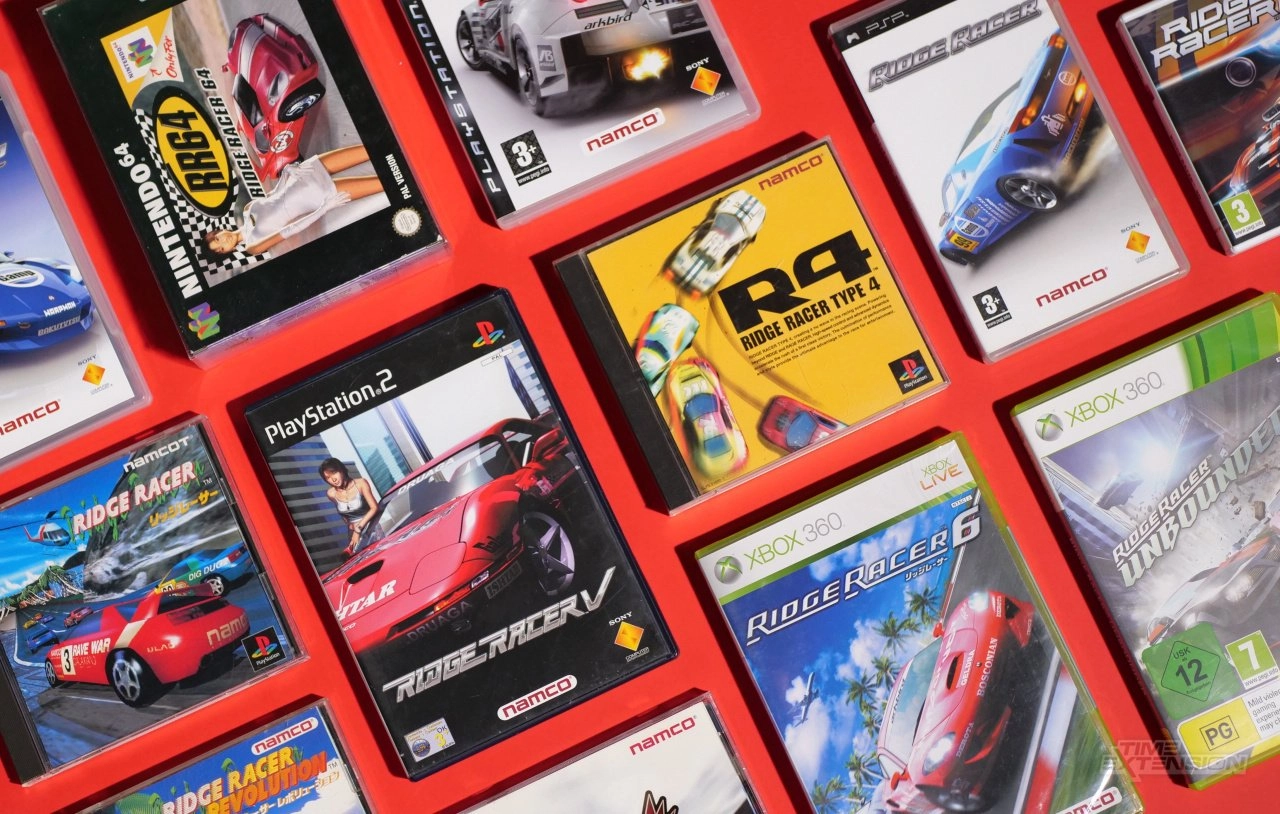
In the realm of arcade racers, the Ridge Racer series by Namco stands as a pillar of high-speed excitement and thrilling drift gameplay. Debuting in arcades back in 1993, Ridge Racer grabbed attention with its cutting-edge 3D graphics, smooth racing dynamics, and the engaging drift mechanic that became a signature of the series. Over time, Ridge Racer has played a crucial role in showcasing the power of new gaming consoles, appearing on platforms from the Sony PlayStation to the Xbox 360.
However, the long-running series has many entries, and it can be daunting for newcomers to determine where to start. Moreover, while some recent titles, like the PS Vita version, disappointingly fell short of expectations, the earlier games still retain a captivating charm.
By harnessing the input from the fanbase, a curated list of standout Ridge Racer titles emerges, offering a glimpse into which games resonated the most with players. For those who disagree with the rankings, their votes could shuffle the standing, adding a dynamic aspect to the series' appreciation.
Looking back at titles like 'Rave Racer' from 1995, which enhanced the original arcade game with new courses and improved visuals, it's easy to see how fans would hold it in high regard. However, many never got to experience it due to a canceled PlayStation conversion and a PC release that never materialized. Nevertheless, 'Rave Racer' found a new home on Arcade 1Up's licensed Ridge Racer cabinet, alongside other series offerings.
Similarly, titles like 'Ridge Racer 2' in arcades and 'Ridge Racer Revolution' on the PlayStation improved upon their predecessors by introducing features like rear-view mirrors and link cable support for head-to-head racing—an impressive feat for the mid-90s.
As you move into the new millennium, we find 'Ridge Racer V' for the PlayStation 2, debuting alongside the console in 2000. Boasting exceptional visuals, controls, and pace, it displayed the best and worst aspects of the series—exhilarating racing paired with a perceived lack of longevity. Yet, the game's stylistic finesse cemented it as a franchise classic.
The mobile gaming attempts with titles like 'Ridge Racer Draw & Drift' or the Japan-only 'Critical Velocity', however, deviated too far from what made the franchise notable—evidenced by the former's removal from app stores and the latter's limited release and distinct gameplay.
Handheld consoles weren't left out of the action as games like 'Ridge Racer DS' and 'Ridge Racer 3D' for the Nintendo 3DS offered racing thrills on the go, despite their limitations compared to home console versions.
'Ridge Racer 7' for the PlayStation 3 pushed the series forward with 1080p, 60fps visuals, car customization, and even 3D support, proving that the series could still dazzle fans with its aesthetics and gameplay innovations.
However, it was the 'Ridge Racer 2' for the PSP that became the pinnacle of portable Ridge Racer entries, packing an impressive number of tracks and modes into a handheld format and currently available with visual enhancements on Sony's PlayStation Plus Premium service.
Standing atop the classic Ridge Racer games is 'Ridge Racer Type 4' for the PlayStation, acclaimed for its advancement in graphics, vehicle variety, and soundtrack. It offered the 'grip' driving mode in addition to 'drift', expanding the strategic layer of racing.
But the ultimate title to speed ahead of the pack was 'Ridge Racer 6' for the Xbox 360. With the introduction of the "World Xplorer" mode, a plethora of circuits, and a wealth of cars, it not only provided longevity but also refined gameplay that honored the fast-paced roots of the franchise. Its inclusion in Xbox's backwards compatibility list has ensured that new generations can continue to enjoy this gem.
The Ridge Racer series manifests as more than just a collection of racing games; it's an evolution of speed, style, and technology. With each entry, it delivered moments of arcade magic, pioneering graphics, and exhilarating racing that remained true to its core essence, contributing significantly to the fabric of the gaming culture.
You must be logged in to post a comment!